Sugar Anyone?
dadugriff
10 years ago
Related Stories
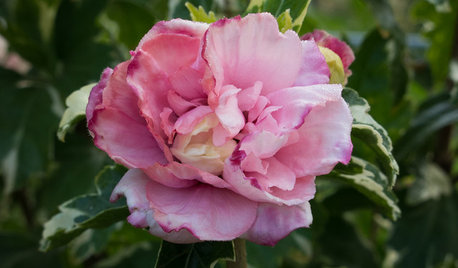
GARDENING GUIDESGreat Design Plant: Hibiscus Syriacus ‘Sugar Tip’
As pretty as a party dress, ‘Sugar Tip’ has layers of pink that catch the eyes of butterflies
Full Story
COLOR8 Pink and Purple Rooms Sans Sugar Shock
Little-girl dreams find grown-up expression in rooms that work pink and purple into chic and sophisticated palettes
Full Story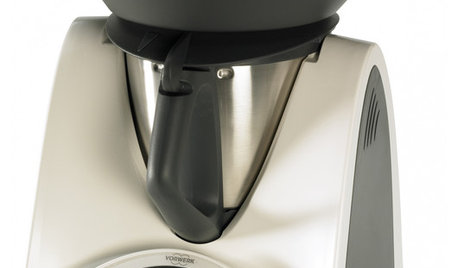
HOME TECH3 Kitchen Contraptions You Won’t Believe
Pizza hot from the printer, anyone? These cooking gadgets harness imagination and high tech — and have price tags to match
Full Story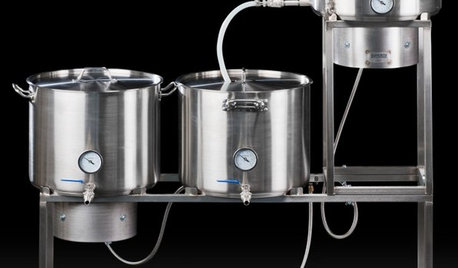
HOME TECHMake Home Sweet Home Even Sweeter With a Brewery Or Winery
New high-tech products make small-scale home beer and wine production easy and fun
Full Story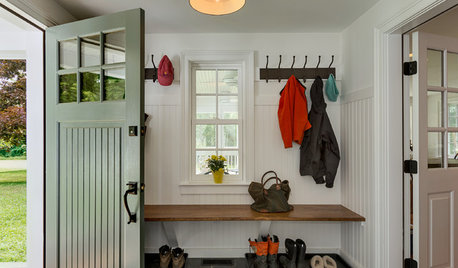
DECLUTTERINGSmall Steps for Keeping Your Housekeeping Resolutions
Take a different approach this year, making simple, positive changes that add up before you know it
Full Story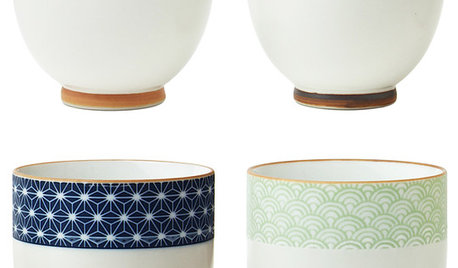
SHOP HOUZZShop Houzz: Essential Accessories for Tea Lovers
Teatime must-haves that make great gifts, too
Full Story0

WINDOW TREATMENTSHow to Choose the Right Window Blinds
Get the privacy, light filtering and look you want with this breakdown of blind options
Full Story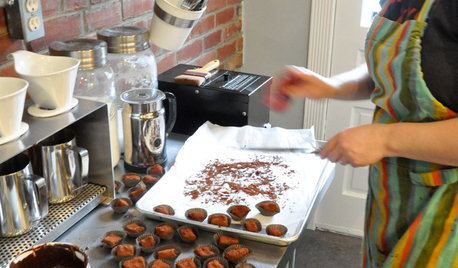
KITCHEN DESIGNLove to Cook? We Want to See Your Kitchen
Houzz Call: Show us a photo of your great home kitchen and tell us how you’ve made it work for you
Full Story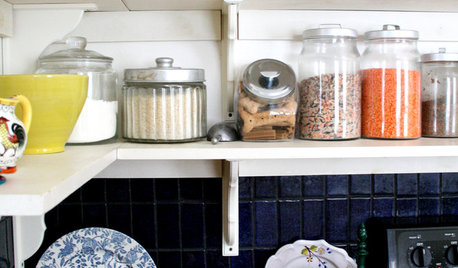
KITCHEN DESIGNDisplaying Kitchen Supplies — Hot or Not?
Do some kitchens just beg for a cozy row of canisters and gear for all to see? Have a look and let us know what you think
Full Story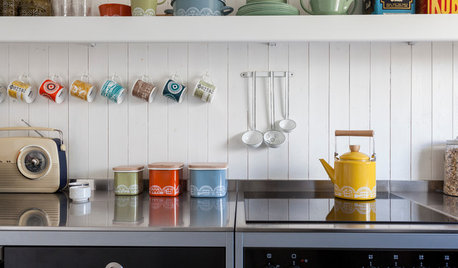
LIFEHow Do You Make Your Tea and Coffee in the Morning?
A morning cup is a must for many, and preparation comes in many guises. We look at coffee and tea habits across the Houzz community
Full StorySponsored
More Discussions






sbryce_gw
equinoxequinox
Related Professionals
Signal Hill Landscape Architects & Landscape Designers · Dedham Landscape Contractors · Kailua Landscape Contractors · Lees Summit Landscape Contractors · Pleasant Prairie Landscape Contractors · South Lake Tahoe Landscape Contractors · West Orange Landscape Contractors · 07920 Landscape Contractors · Bowling Green General Contractors · Coos Bay General Contractors · Euclid General Contractors · Fridley General Contractors · Meadville General Contractors · Spanaway General Contractors · West Mifflin General Contractorspskvorc
sbryce_gw
11otis
pskvorc